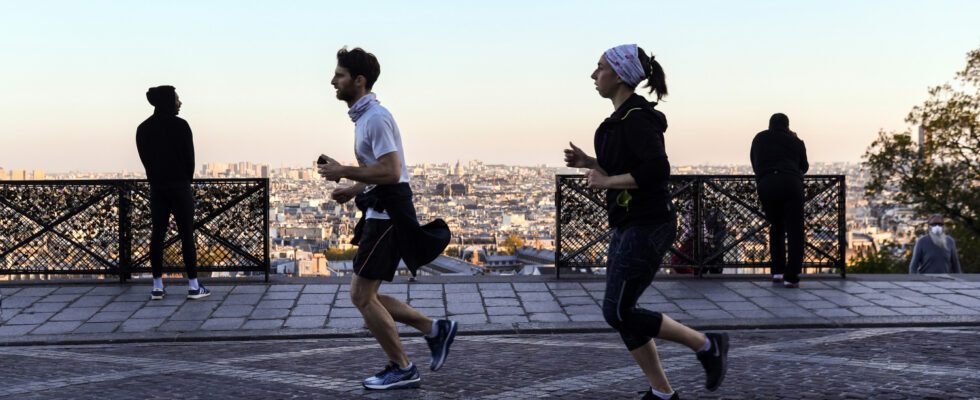Exercising on a daily basis is part of the treatment of diabetes. When you are pregnant, it can prevent the onset of certain diseases. And concerning vegan people, there is no contraindication to the practice of a sporting activity. These three statements may surprise and yet they are scientifically proven. Emilie Demoly, dietitian-nutritionist and author of My sports nutrition bible and doctor Jean-Marc Sène, sports doctor, provide details on diet when practicing sports.
For vegans, pay attention to protein intake
For people who have decided to adopt a vegan diet, special attention should be paid to protein intake. If vegetable proteins are necessary, do not hesitate to eat pasta if you practice regular physical activity. “Everything in almonds, soy, it’s great for your health. There’s a lot of vegetable protein in it. You also have to be very careful with vitamin D. For that, it’s simple, you have to go to the sun. You can also take vitamin supplements. In general, if the vegan diet is well balanced and fairly complete, you should be able to do sports quite normally”, assures Jean-Marc Sène to Europe 1.
For pregnant women, sport prevents a number of pathologies
Regarding pregnancy, there are some rules to follow in terms of nutrition. You have to be vigilant about the quality and quantity of your food and properly meet your calcium, magnesium and iron needs, but also vitamin B9, for which the needs of pregnant women increase at this time.
“It has been scientifically proven that there is an interest in doing physical activity. It can prevent a certain number of pathologies linked to pregnancy such as gestational diabetes, high blood pressure. So you really have to promote”, reports Jean-Marc Sène, sports doctor, at the microphone of Europe 1.
For diabetics, sport regulates blood sugar
Daily physical activity is also part of diabetes treatment. Two things help regulate blood sugar levels. First, there is insulin, which brings sugar into the cells and thus reduces its presence in the blood. And then there is physical activity.
“The latter helps regulate blood sugar. It is, therefore, “as effective” as a crazier dose of insulin. It helps regulate, improve what is called glycemic balance, the balance of sugar, blood sugar levels. You have to be vigilant about your intake, your food balance, particularly your intake of carbohydrates. This concerns everything that is cereals, starches, fruits also which allow you to avoid having reactive hypoglycaemia. You have to go to semi-complete or complete starchy foods in such a way as to be able to regulate blood sugar well, “concludes Emilie Demoly, dietician-nutritionist, at the microphone of Europe 1.
